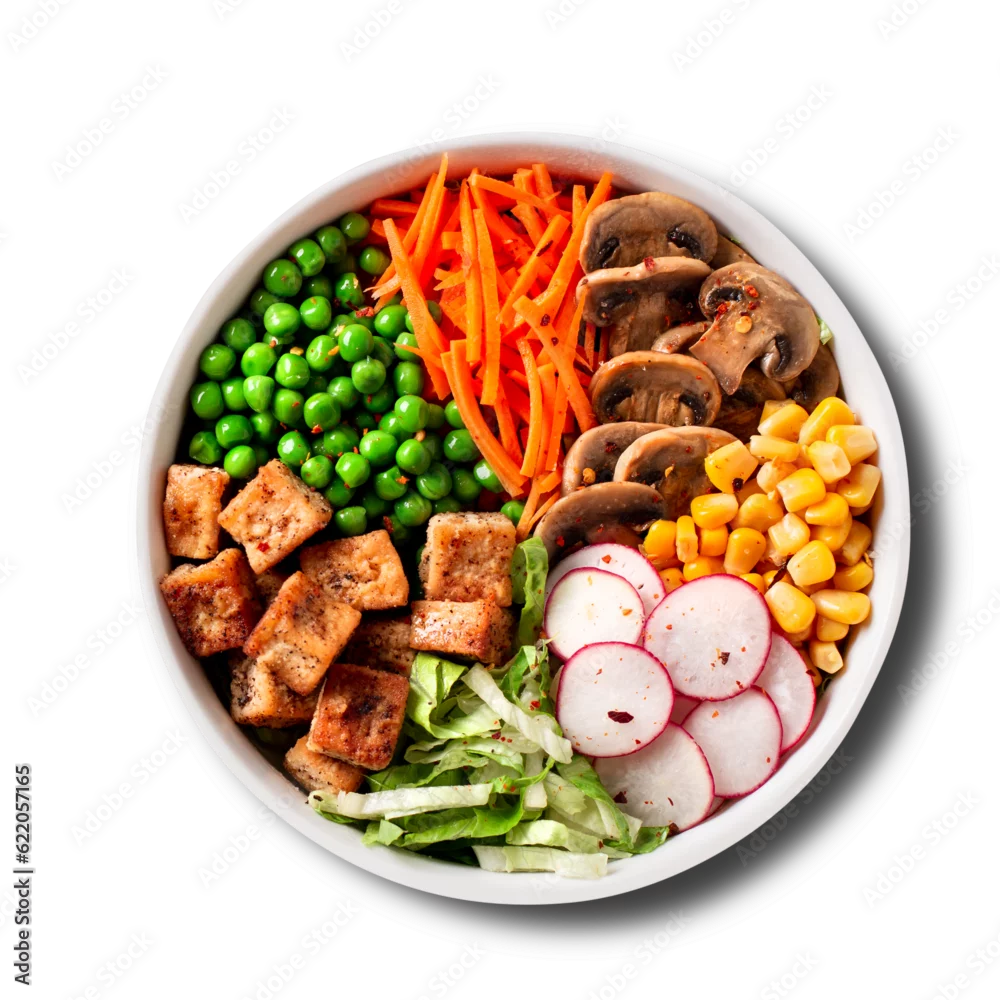While embracing a plant-based lifestyle offers numerous benefits, from environmental conservation to reduced health risks, it also presents a unique set of nutritional challenges. Experts caution that many vegans inadvertently deprive themselves of crucial vitamins and minerals due to the limited bioavailability of certain nutrients in plant sources. However, with mindful dietary planning and supplementation, these deficiencies can be effectively addressed, empowering individuals to thrive on a well-balanced vegan diet.
Consulting with a qualified dietitian or nutritionist can also provide personalized guidance, helping individuals tailor their dietary approach to their unique needs and preferences. With mindful planning and a commitment to holistic well-being, a vegan diet can be a nourishing and fulfilling journey.
The Significance of Comprehensive Nutrient Intake
Achieving optimal health hinges on maintaining a balanced intake of essential vitamins, minerals, and nutrients. A diet lacking in these vital components can pave the way for a myriad of health concerns, ranging from weakened immune function and impaired cognitive abilities to skeletal and neurological disorders. Furthermore, research has highlighted the profound impact of poorly planned vegetarian diets on mental well-being, underscoring the importance of a holistic approach to nutrition.Fortifying Your Plant-Based Journey: Nutrient-Rich Foods and Supplementation
Fortunately, the plant kingdom offers an abundance of nutrient-dense options to help vegans meet their dietary needs. By incorporating a diverse array of fruits, vegetables, nuts, seeds, grains, and healthy fats into their meals, vegans can access a wide range of essential vitamins and minerals. Additionally, fortified foods and supplements can serve as invaluable allies in bridging any remaining nutritional gaps.The Seven Nutrients Vegans Commonly Lack (And How to Replenish Them)
1. Vitamin B12: A Neurological Cornerstone
Vitamin B12, also known as cobalamin, is a crucial nutrient for maintaining optimal brain health, promoting the formation of red blood cells, and supporting a robust nervous system. However, as this vitamin is primarily found in animal-derived products, vegans often struggle to obtain adequate amounts through their diet alone. To combat this deficiency, experts recommend incorporating fortified foods like nutritional yeast, fortified plant-based milks, and algae into their meals. Additionally, supplementation with high-quality vegan B12 supplements can ensure a consistent and reliable intake of this essential nutrient.2. Iron: Fueling Oxygen Transportation
Iron plays a vital role in the body's ability to transport oxygen throughout the bloodstream, making it indispensable for energy production and overall well-being. While plant-based sources of iron exist, the non-heme form found in these foods is less readily absorbed by the body compared to the heme iron present in animal products. To optimize their iron intake, vegans should prioritize the consumption of iron-rich foods such as lentils, quinoa, tofu, and dark leafy greens. Combining these sources with vitamin C-rich fruits and vegetables can further enhance iron absorption.3. Omega-3 Fatty Acids: Nourishing Brain Function
Omega-3 fatty acids, particularly eicosapentaenoic acid (EPA) and docosahexaenoic acid (DHA), are essential for maintaining optimal brain health and cognitive function. Unfortunately, the plant-based form of omega-3, alpha-linolenic acid (ALA), is not as efficiently converted into EPA and DHA by the body. To address this deficiency, vegans are advised to incorporate algae-derived supplements or fortified foods into their diet, ensuring a consistent supply of these vital fatty acids.4. Calcium: Strengthening Bones and Cardiovascular Health
Calcium is a multifaceted nutrient, playing a crucial role in maintaining strong bones, supporting cardiovascular function, and facilitating nerve transmission. While dairy products are often associated with calcium, vegans can find abundant sources of this mineral in plant-based alternatives such as fortified non-dairy milks, leafy greens like kale and collard greens, as well as legumes and certain nuts. Regular consumption of these calcium-rich foods can help prevent conditions like osteoporosis and heart-related issues.5. Vitamin D: Boosting Immune Function and Mood
Vitamin D is a powerful nutrient that supports immune system function, promotes calcium absorption, and plays a role in regulating mood and emotional well-being. While sun exposure is a natural source of vitamin D, many individuals, including vegans, struggle to obtain sufficient amounts due to modern lifestyles and limited outdoor time. To combat this deficiency, vegans can incorporate fortified plant-based milks, mushrooms exposed to UV light, and high-quality vegan vitamin D supplements into their routine.6. Iodine: Regulating Thyroid Function and Metabolism
Iodine is an essential mineral for maintaining a healthy thyroid gland and supporting optimal metabolic function. However, as many vegans consciously limit their salt intake, they may inadvertently deprive themselves of this crucial nutrient. To ensure adequate iodine levels, vegans can incorporate sea vegetables like nori, wakame, and dulse into their meals. These marine plants are not only rich in iodine but also provide a valuable source of the amino acid tyrosine, which further supports thyroid health.7. Zinc: Strengthening Immunity and Wound Healing
Zinc plays a multifaceted role in the body, supporting immune function, promoting wound healing, and facilitating protein synthesis for muscle and cell growth. While plant-based sources of zinc, such as nuts, seeds, and whole grains, are available, their bioavailability can be hindered by the presence of phytic acid, a compound that can interfere with nutrient absorption. To optimize zinc intake, vegans can consider soaking or sprouting legumes and grains before consumption, as well as incorporating zinc-fortified foods and supplements into their diet.Crafting a Nutrient-Rich Vegan Lifestyle
To ensure a comprehensive and well-rounded vegan diet, dietary diversity, meal planning, and nutrient tracking are essential. By incorporating a wide variety of whole, nutrient-dense foods, fortified products, and targeted supplementation, vegans can effectively address potential deficiencies and thrive on a plant-based lifestyle.Consulting with a qualified dietitian or nutritionist can also provide personalized guidance, helping individuals tailor their dietary approach to their unique needs and preferences. With mindful planning and a commitment to holistic well-being, a vegan diet can be a nourishing and fulfilling journey.

